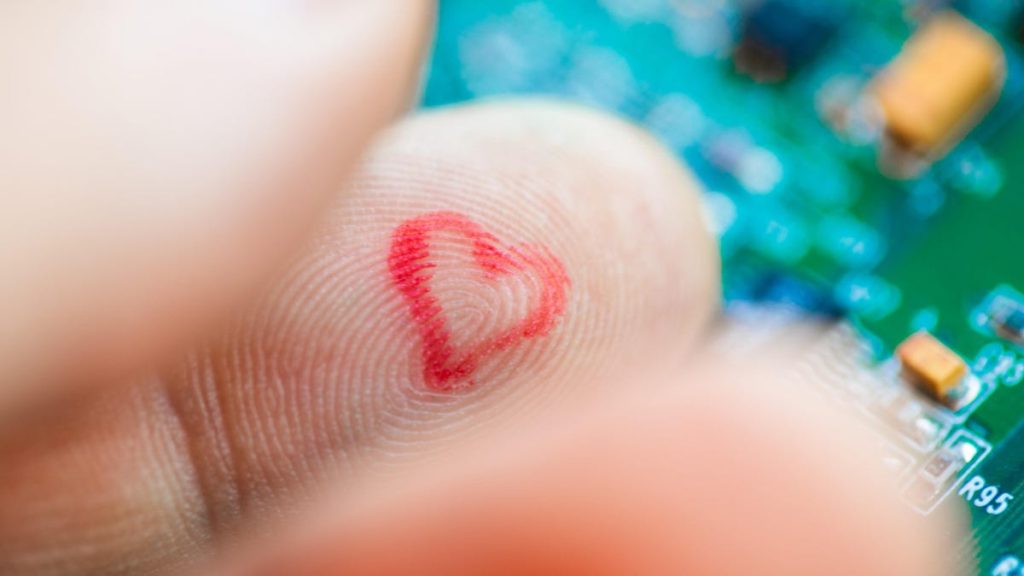Advancements in wearable health trackers, like smartwatches and continuous glucose monitors, have allowed us to gain insight into our bodies’ functions at a deeper level. However, the question remains whether this technology is truly helping us get healthier. Dr. Dave Rabin, a neuroscientist and psychiatrist, believes that unprocessed trauma is at the root of most health problems, both mental and physical. He argues that the consumer tech and apps currently available are designed to sell us products and distract us from our feelings, ultimately leading to increased stress responses. To truly improve our health, we need to connect our own dots and focus on wellness trends that serve our individual needs.
In the field of brain health, advancements in technology have the potential to provide early predictors of neurocognitive problems such as dementia. Research is being conducted on how people interact with their phones and consumer devices to identify potential risks. It may take some time for these advancements to be implemented in a way that benefits people’s lives with actionable health advice. In the meantime, focusing on modifiable health factors such as adequate sleep, regular exercise, and a nutritious diet is crucial for maintaining brain health.
Nutrition continues to be a key focus in health trends for 2025, with an emphasis on a well-rounded diet that supports a healthy heart and gut microbiome. Research is being conducted to understand the impact of gut health on overall health, with a focus on identifying specific gut bacteria strains associated with increased risk of conditions like colorectal cancer. Inflammation, which has been linked to chronic diseases, can be influenced by diet, with fiber-rich foods being beneficial for gut health and reducing inflammation.
Emotion regulation and the role of technology in facilitating wellness will be a significant focus in 2025. Dr. Rabin predicts innovations in emotion-regulating technology and closed-loop AI systems that provide personalized health data. It is essential to be mindful of the notifications and stressors generated by consumer tech and to consider how these devices align with your health goals. Ultimately, the use of technology for health improvements should be based on individual needs and what is best for mind and body.
The shift towards a holistic view of health, focusing on root causes rather than symptoms, is gaining traction in Western medicine. Practices such as breathwork and mindfulness are being integrated into health tech offerings, emphasizing the importance of addressing the underlying causes of illnesses. As technology continues to evolve in the health sector, it is essential to choose tools that align with personal health goals and prioritize overall well-being. Being selective in the use of health tech and focusing on what truly benefits individual health can lead to better outcomes in the long run.












